My Account Details
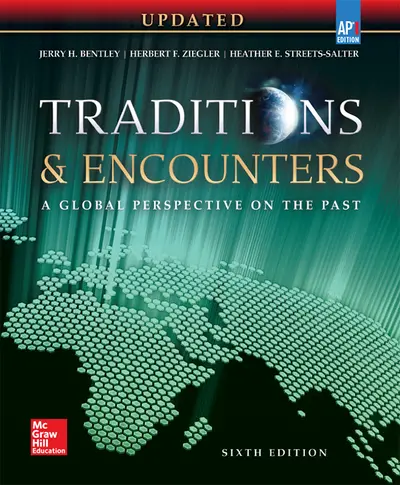
Bentley, Traditions & Encounters: A Global Perspective on the Past UPDATED 6e, AP Edition ©2017
Grades:
Traditions & Encounters new Advanced Placement Updated Edition text and supplemental materials have been revised to support teachers and students as they transition into the new AP World History course and exam beginning in 2016. Integrated AP features and hundreds of primary documents and images enhance the learning experience and prepare students for the new AP World History Redesigned Exam.











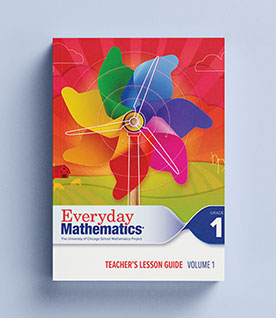




























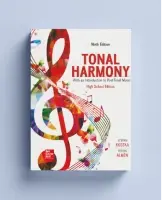
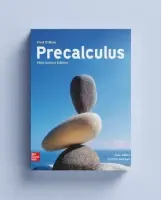

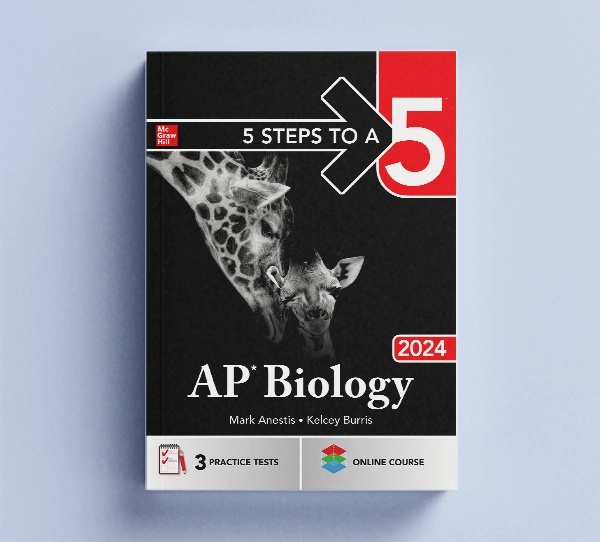
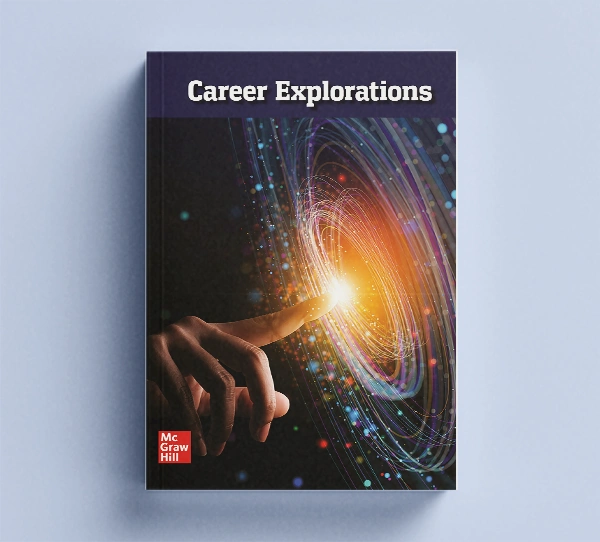
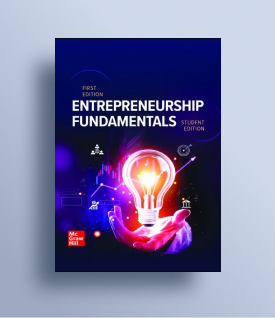

Social Studies
View all Social Studies Programs
IMPACT (K–5)
Actively Learn (3–12)
New Social Studies (6–12)
Networks (6–12)